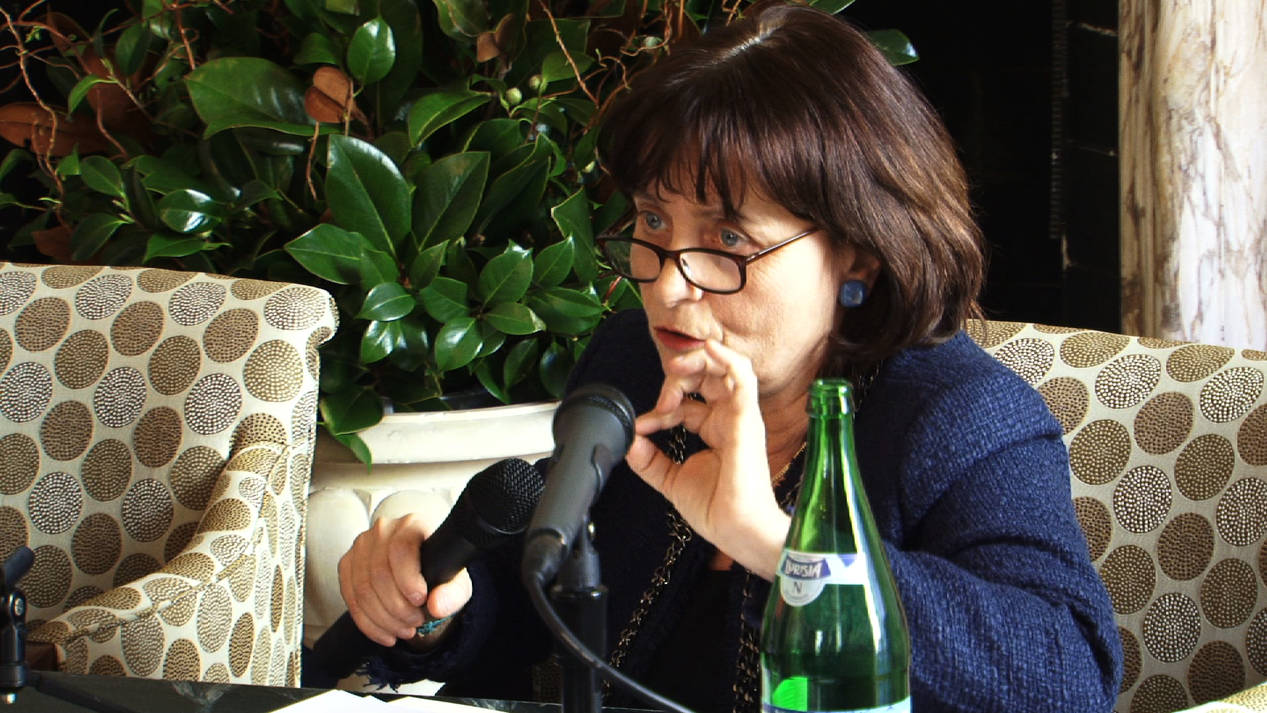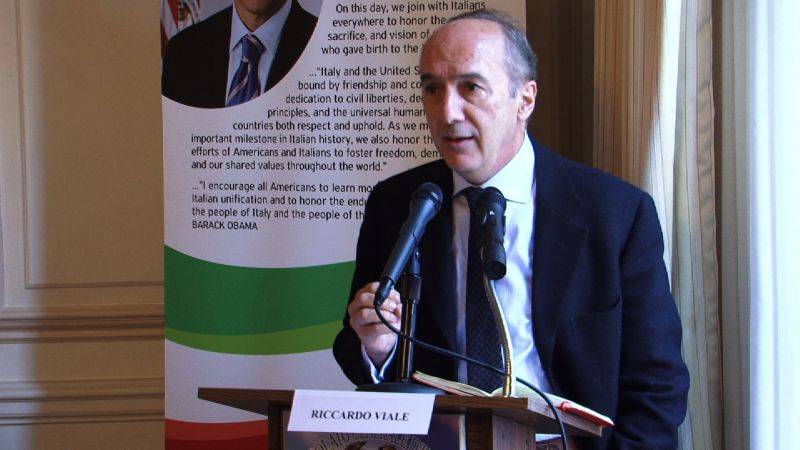Humanities In The 21st Century: The Intangible Underpinnings of Democracy
On February 13, the Consulate General of Italy in New York hosted the international conference “Humanities in the 21st Century – Human Sciences in Italy since Unification: Historical and Methodological Dynamics,” organized by the Italian Cultural Institute under the patronage of Accademia dei Lincei.
The conference was an occasion to reflect on the impact of human sciences on the development of Italy as a nation and as a democracy, and in general on the existing relationship between culture and democracy already outlined by Martha Nussbaum in her essay “Why Democracy Needs the Humanities.”
In his keynote speech, Riccardo Viale, Director at ICI New York, told the audience that the inspiration for the panel came to him while speaking with Lamberto Maffei, President at Accademia dei Lincei, and Giuliano Amato, Chairman of the National Committee for the celebration of the 150th Anniversary of the Unification of Italy. With them, Viale reasoned about the importance acquired by humanities in the course of the 20th century in the growth of democratic awareness and critical attitude in the society.
The role of human science is currently being discussed and marginalized in education, the sector which is usually the most affected by budget cuts and austerity measures when the policy-makers’ sight on long-term results and benefits looses sharpness.
The conference aimed to redefine the importance of humanities and to actualize it, while addressing and summarizing their most significant epistemological achievements and methodological turning points in the 21st century, in a ten-hour long interdisciplinary marathon.
The speakers, from different backgrounds and epistemic fields, also addressed the subject of the Italian contribution to the development of human sciences, from Archaeology to Cultural Anthropology, from Literature to Law, from History to Political Science, from Linguistics to Psychology.
Among the panelists were international and Italian academics, most of them teaching in top American Universities, like Nadia Urbinati (Columbia), Nino Luraghi (Princeton), Mario Saltarelli (University of Southern California), Clemente Marconi (NYU), and Fabio Finotti (University of Pennsylvania).
The closing speech came from Giuliano Amato, who focused his analysis on the contribution of human sciences to the process of unification of Italy. As historians argue, Italy existed in the culture of its inhabitants before being founded. Culture, therefore, is responsible for inspiring the very idea of Italy as a state.
As far as the contribution of Italians to the evolution of humanities, Amato said: “As President of the Treccani Institute I can tell you that one of the main works we are preparing for the future is precisely the study of the contribution of Italians to the development of thought. The work consists in several volumes that will touch upon the issues we discussed today.”
When asked about the current state of the “intangibles of a democratic system,” those cultural elements that existed in the society when Italy transitioned from being a nation to becoming a state, and that “can’t be established by law,” Amato expressed concern about Italy’s political situation. “Italy is happy about an unhealthy solution. Those professors are all friends of mine, but it’s deeply unhealthy. We need to recover what we have lost – those intangible underpinnings such as the sense of justice – otherwise our democracy won’t be able to cope with the issues we are facing.”





































i-Italy
Facebook
Google+
This work may not be reproduced, in whole or in part, without prior written permission.
Questo lavoro non può essere riprodotto, in tutto o in parte, senza permesso scritto.